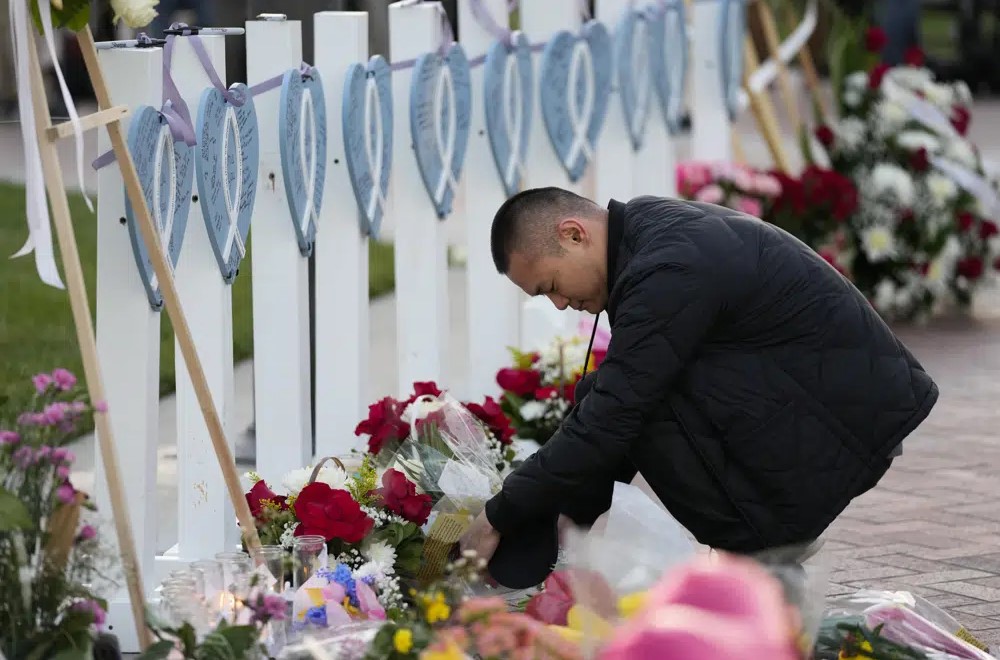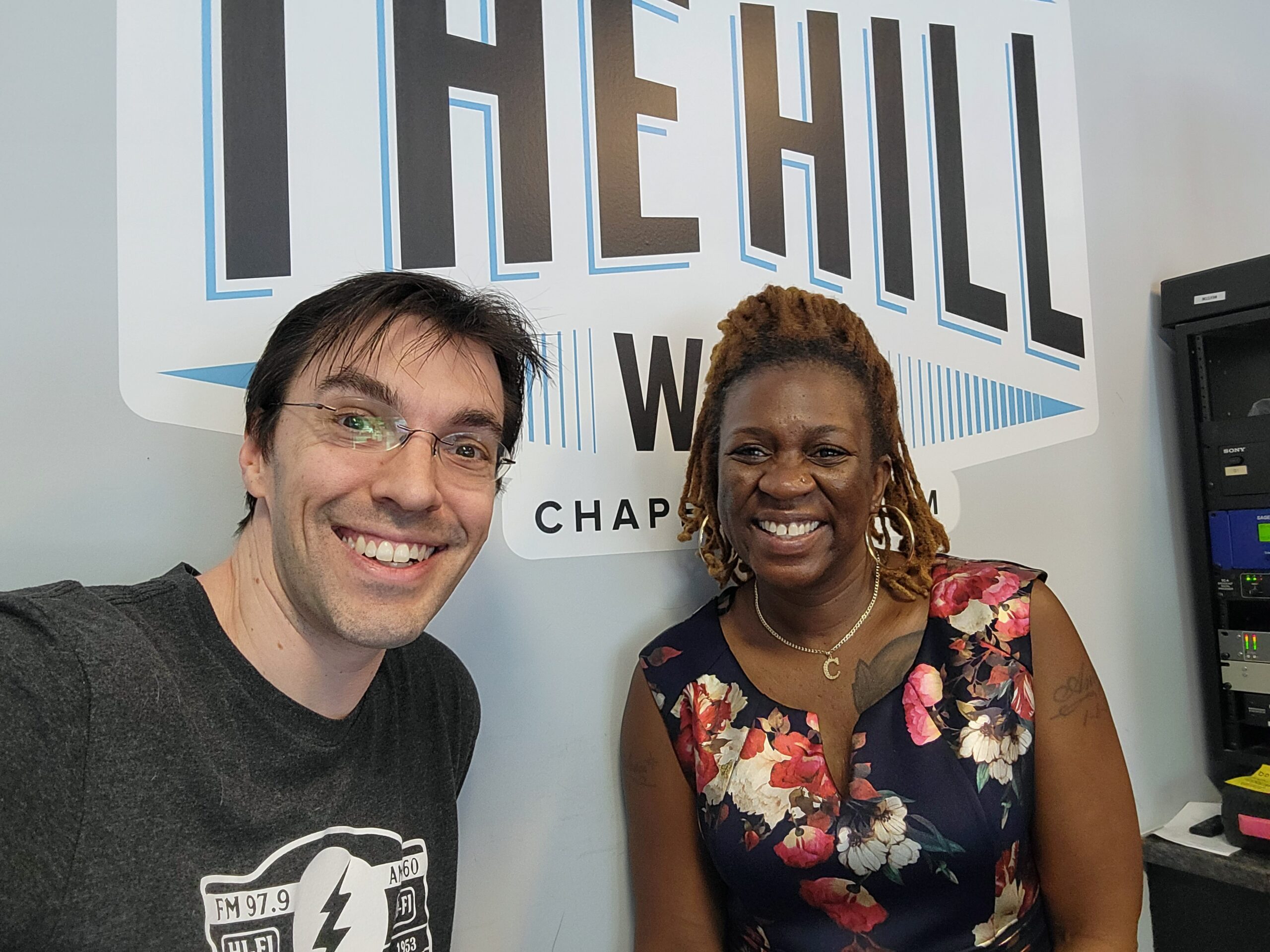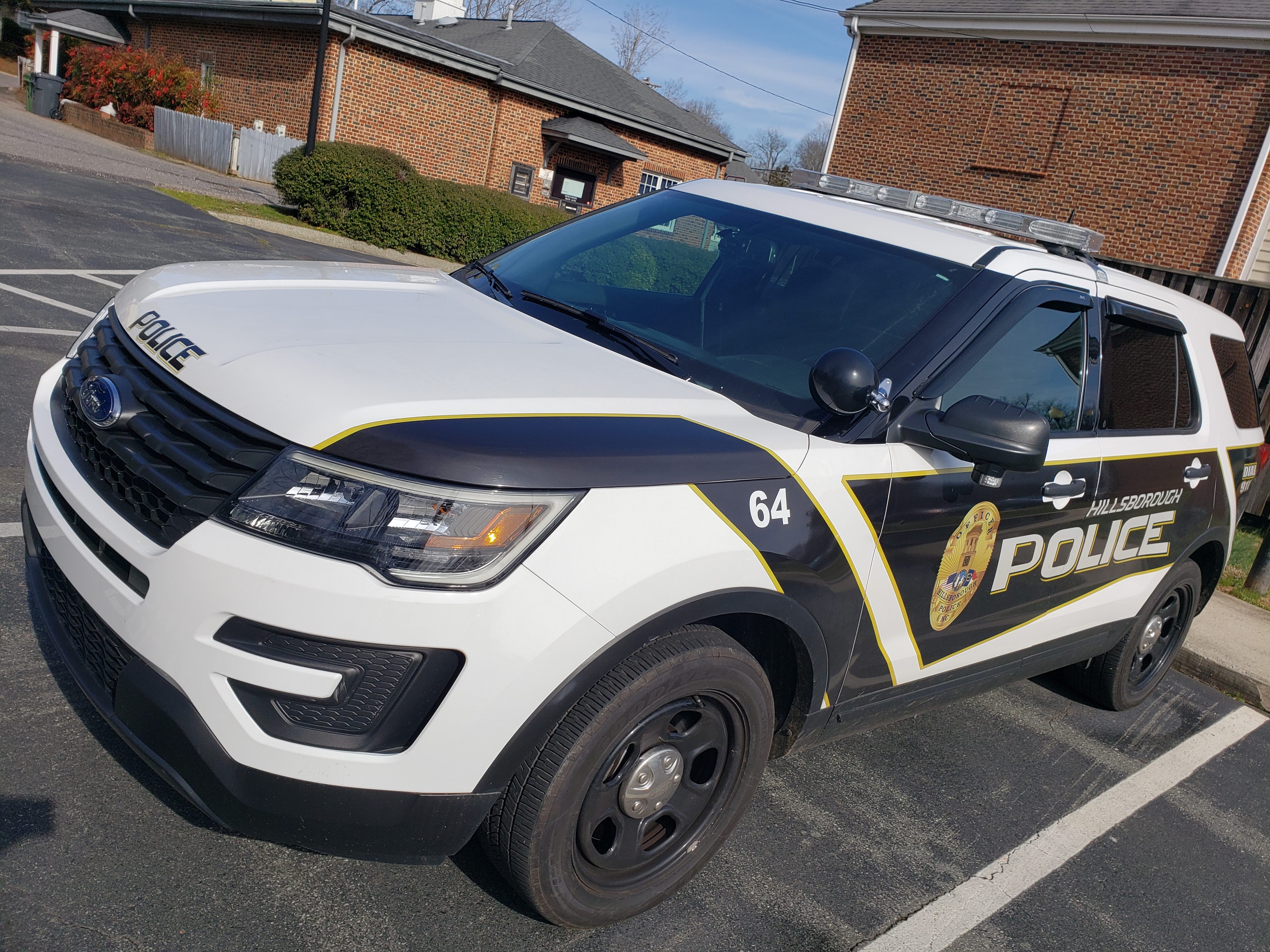In light of Domestic Violence Awareness Month, in this edition of Addressing Taboo Topics we take a look at a UNC study that evaluates how domestic violence cases are carried out in North Carolina’s courts and what factors contribute to higher mortality rates. Plus, the prevalence of intimate partner violence in the country.
On average, nearly 20 people per minute are physically abused by an intimate partner in the United States. This equates to more than 10 million women and men each year. National research shows that one 1 in 3 women and 1 in 4 men have experienced some form of physical violence by an intimate partner in their lifetime.
Intimate partner violence, or IPV, falls under the umbrella of domestic violence to specifically include violence or abuse between romantic partners.
“IPV is also linked to numerous negative health and social outcomes,” said Dr. Beth Moracco, an associate professor of health behavior at the UNC. “Intimate partner homicide, injuries, chronic illness, and a lot of mental health issues – particularly post-traumatic stress disorder, anxiety and depression.”
Moracco is the associate director of the UNC Injury Prevention Research Center (IPRC). Funded by the CDC for the past 30 years, the IPRC focuses on violence prevention and control – and covers everything from opioid overdoses and motor-vehicle crashes to sexual violence and IPV.
To better understand intimate partner violence in the state, members of the IPRC conducted a study focusing on one specific risk factor for victims of abuse: firearms.
According to the National Coalition Against Domestic Violence, the presence of a gun in a domestic violence situation increases the risk of homicide by 500 percent. Data from U.S. crime reports suggest that about 1 in 5 homicide victims are killed by an intimate partner.
“The larger issue of domestic violence is very important,” Moracco said. “And I think this study is really important because it highlights the real danger of this situation where almost half of the defendants who end up in a Domestic Violence Protective Order hearing seem to have access to firearms. And we know that the combination of guns and domestic violence is a really dangerous and lethal one.”
After analyzing 406 Domestic Violence Protective Order cases in North Carolina, the study found that perpetrators of violence had more access to firearms than previously thought. Past research found firearm access in only 10-18 percent of restraining order cases, where this study found offenders had access to guns in 46 percent of cases.
Julie Kafka is a doctoral candidate in health behavior at UNC, an IPRC Fellow and lead author of this study. She said there are laws in place that can help restrict IPV perpetrators’ access to firearms. For example, when a protective order is issued, a judge can order the offender to surrender their firearms to the sheriff.
While judges are supposed to inquire about the presence of firearms, however, Kafka said that isn’t always the case.
“Even though it’s disclosed sometimes in the paperwork, judges don’t always follow up during the hearing,” Kafka said. “And there are many cases where it seems new information about guns are disclosed in the case files and yet judges may not be following up appropriately during the hearing.”
Next steps for the study include a deeper investigation on the extent to which judges verbally ask about firearm access in these domestic violence cases.
Outside of research, Kafka said conversations surrounding domestic and intimate partner violence must extend beyond the courtroom. While it can be hard to spot partner violence, she said fostering an open discussion about its prevalence is an essential step in getting people the help they need.
“Whether that’s a local domestic violence agency, whether it’s the court system or maybe it’s their healthcare provider, you being there to make that linkage is important,” Kafka said. “But you don’t have to solve the problem on your own.”
If you or a loved one are in need of domestic violence help or are a victim of intimate partner violence, call the the National Domestic Violence Hotline at 1-800-799-SAFE (7233) or visit their website here.
Check out the last issue of “Addressing Taboo Topics” on abortion access in North Carolina here.
Have a taboo topic that you feel needs to be addressed? Send your ideas to elle@wchl.com.
Chapelboro.com does not charge subscription fees. You can support local journalism and our mission to serve the community. Contribute today – every single dollar matters.










